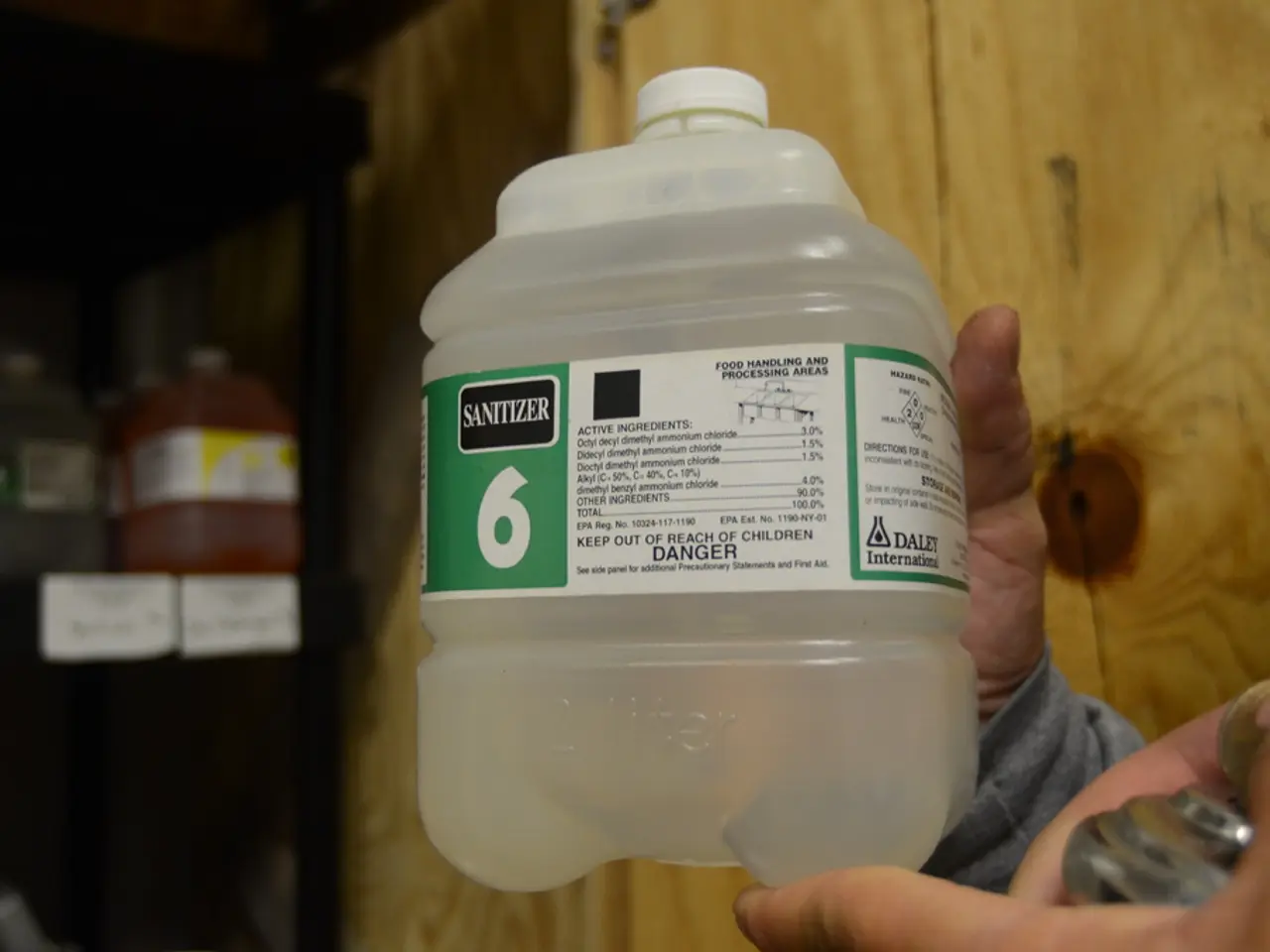Virus associated with Polio detected in Mainz wastewater system
**Germany Faces Uncertainty as Polio Viruses Detected in Wastewater**
Recent findings by the Robert Koch Institute (RKI) have raised concerns in Germany, as poliovirus has been detected in wastewater samples from several cities, including Mainz, Dresden, Munich, and Stuttgart. Despite the absence of reported cases of polio infection or suspicion in the country, the presence of the virus in the environment is a cause for concern.
The poliovirus strains detected are believed to be derived from the oral vaccines containing weakened live viruses, which have not been administered in Germany since 1998. The source of the current detections remains unknown, but the RKI suggests that they may have been imported from other countries.
The risk for unvaccinated individuals is significant. Poliovirus can cause serious health issues, including paralysis, especially in those who have not received the polio vaccine. The presence of circulating vaccine-derived poliovirus type 2 (cVDPV2) further heightens the risk for unvaccinated or partially vaccinated individuals.
Canada has recently updated its travel advisories for Germany, among other European countries, due to the presence of cVDPV2. This advisory emphasizes the need for travelers, especially those in high-risk groups, to take precautions such as reviewing their vaccination status and practicing good hygiene.
In Germany, the vaccination rate of schoolchildren is high, with no district falling below a vaccination rate of 90 percent. The last booster vaccination for children is usually given at the age of 16, and booster vaccinations can be caught up at any time.
The WHO and other health authorities recommend vaccination as a key strategy to protect against polio. Inactivated poliovirus vaccine (IPV) is commonly used to protect against poliomyelitis. Most people in Germany have good protection against polio, thanks to widespread vaccinations.
Despite the detection of poliovirus, the risk of infection is extremely low, as stated by the Rhineland-Palatinate Ministry of Health. No transmissions or clinical cases of polio have been directly reported to the RKI so far. Even in the unlikely event of an infection, around 95 percent of those infected remain completely symptom-free.
The RKI now considers it increasingly likely that there is local transmission of the polio virus between people in Mainz. The Institute is urging the public to maintain good hygiene practices, especially hand washing, to reduce the risk of transmission. As the investigation continues, the public will be kept informed of any developments.
- The detection of polio viruses in German wastewater has prompted concerns about the potential spread of medical-conditions like poliomyelitis, reinforcing the importance of science and health-and-wellness initiatives to ensure the public's protection.
- In the wake of poliovirus detections in various cities, it is essential for travelers to take preventive measures, such as verifying their vaccination status and practicing good hygiene practices, as movements across borders could exacerbate the spread of these health issues.




